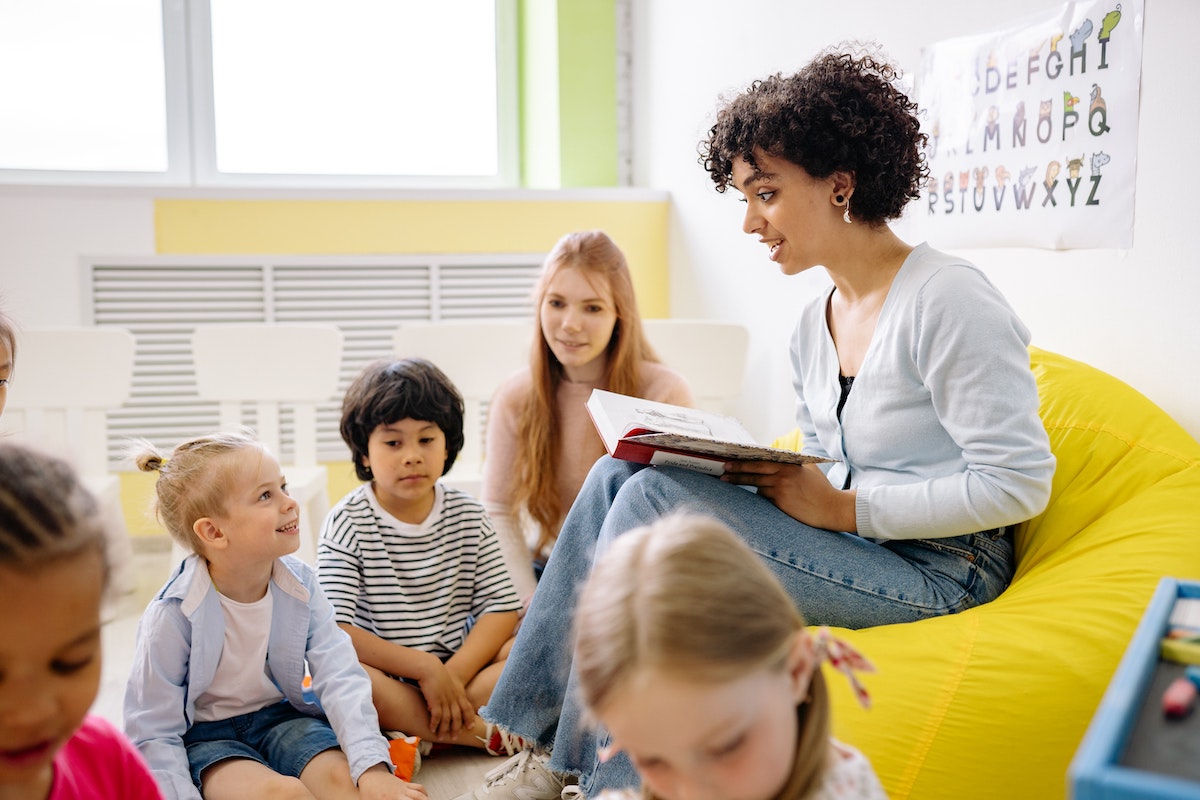Dr. Seuss Reading Halted After Student Realizes the Book Is About Racism

Any educator worth their salt will tell you that one of the best things that can happen in a classroom is a student going off-book. You teach a history lesson about A, and a student sees parallels to current event B. You read a fictional story about X, and the student realizes it’s based on real situation Y. Making connections on their own, learning to see patterns and trends without being spoon-fed—these are the “ah-ha” moments that signal that real learning is happening. It’s what every good teacher wants to see.
Of course, it’s that exact kind of learning and thinking that has to be shut down in order for a white supremacist society to function.
Recently, the NPR show Planet Money recorded a classroom storytime at Shale Meadows Elementary School in Lewis Center, Ohio. The theme of the storytime was economics, so the teacher, Mandy Robek, selected several titles to read, including Dr. Suess’s The Sneetches. The Sneetches is about a community of creatures called Sneetches, half of whom have stars on their stomachs, and half of whom don’t. The star-bellied Sneetches discriminate against the plain-bellied Sneetches until a conman shows up, offering to add stars to their bellies for a price. As soon as everyone has stars, though, the original star-bellied Sneetches pay to have theirs taken off. Chaos ensues, as the Sneetches pay to have stars applied, removed, and applied again in order to maintain a social hierarchy. All the while, the conman gets rich off their bigotry.
Although Dr. Seuss’s estate recently stopped publishing six of his books because of their racist content, other books of his, including The Sneetches, explicitly criticize racism.
As Robek read the book, one student saw the connection to real-life racism. “It’s almost like what happened back then, how people were treated … Like, disrespected … Like, white people disrespected Black people,” the third-grader said.
It’s a moment that offered an opportunity for some deep, productive discussion. There’s the way that satire can get to the heart of social issues. There’s the way that racism feeds into economic issues (which raises the vital question of who profits from bigotry). There are all the ways that what happened “back then” is still in full swing.
But that conversation didn’t happen. Instead, the school district’s assistant director for communications, Amanda Beeman, stopped the reading shortly after the student’s comment. “I don’t know if I feel comfortable with the book being one of the ones featured,” Beeman said. “I just feel like this isn’t teaching anything about economics, and this is a little bit more about differences with race and everything like that.”
Beeman later explained to the Columbus Dispatch that “I made a personal judgment call we shouldn’t do the reading because of some of the other themes and undertones that were unfolding that were not shared that we would be discussing with parents.”
Beeman also clarified to the Dispatch that “she wished she had handled the situation differently.”
It’s easy to make Beeman the villain here, but it’s more important to look at the larger atmosphere that’s shutting down frank discussions of racism in American classrooms. Republicans have gone to great lengths to ban the conceptual legal framework known as Critical Race Theory—a thing already not being taught to children in schools!—and then conveniently expanded their definition of CRT to mean anything having to do with race at all. The right wing’s goal is to create a chilling effect in classrooms, where teachers and schools lack the freedom to speak honestly about American history or current events. It’s no wonder that even a mention of race has a district’s PR staff rushing to grind things to a halt.
The biggest tragedy in this situation most surely lies with the student who spoke up. Their comment was astute, and it should have sparked discussion and left them feeling confident about sharing their insights. Instead, the incident might have taught them a very different lesson: Talking about racism is bad, and if you bring it up, you’ll singlehandedly shut down storytime. Here’s hoping someone else in that student’s life can help undo the damage.
(featured image: Yan Krukau via Pexels.com)
Have a tip we should know? tips@themarysue.com